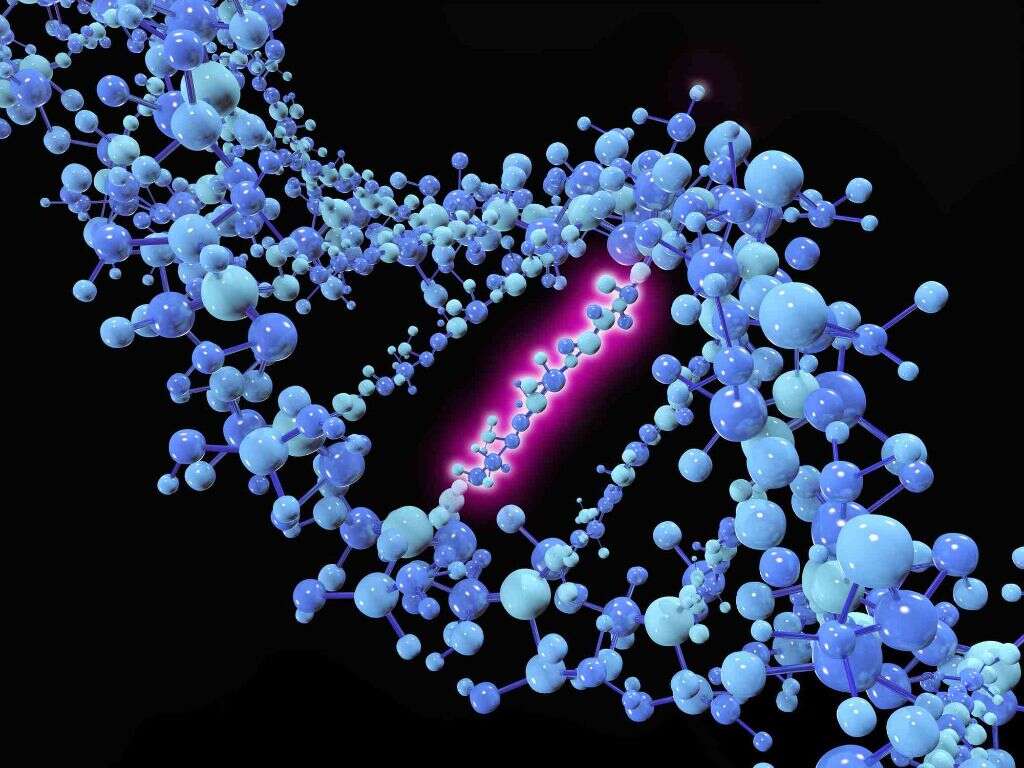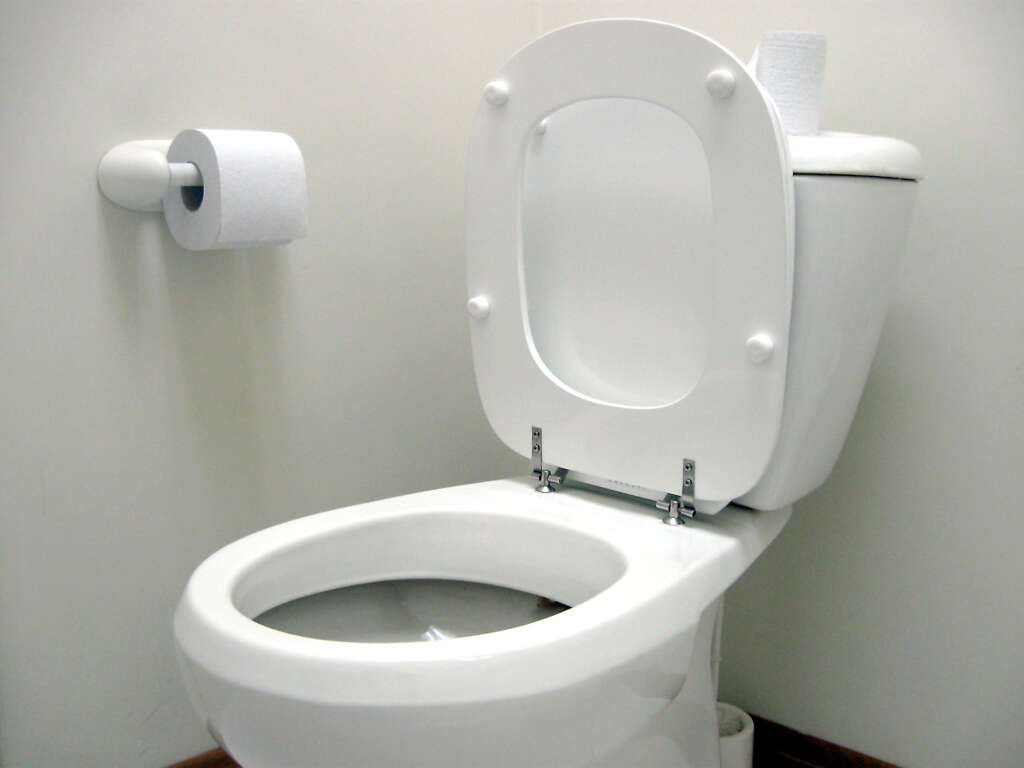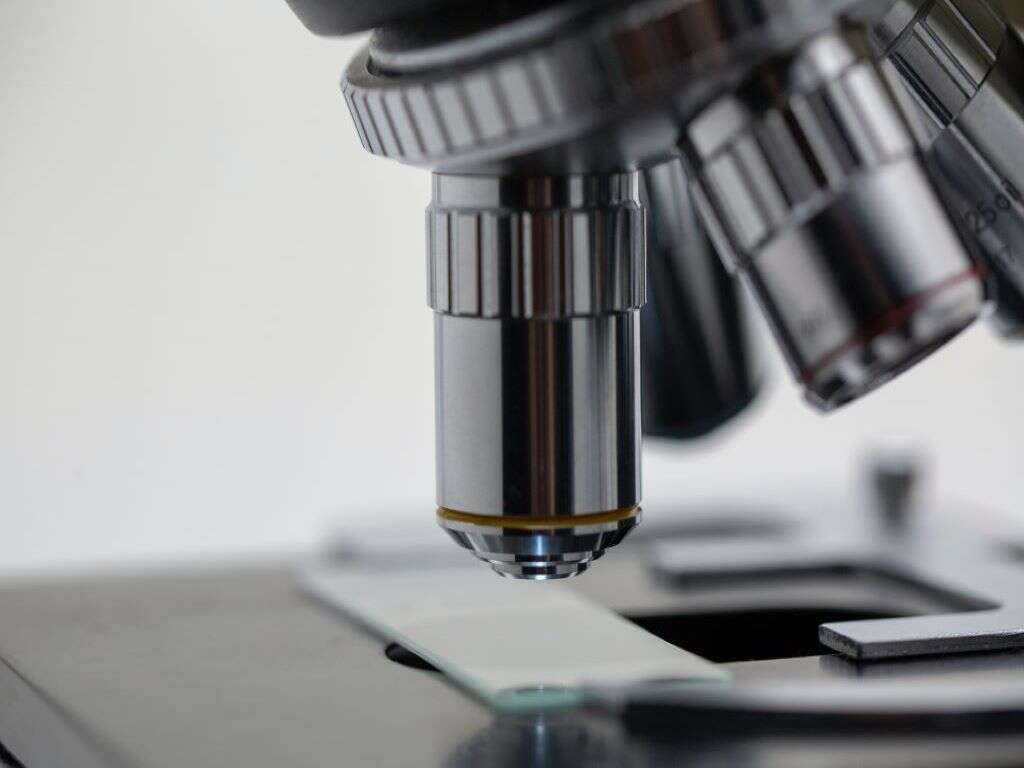10 Colorectal Cancer Symptoms
Colon Cancer is also called Colorectal Cancer to encompass both Colon and Rectal Cancer together. Colorectal cancer is the most common cancer related to our gastrointestinal tract.
As with any cancer-related pathology, prevention and early diagnosis are the most important factors. If the diagnosis is made in an early stage of the disease and the condition is localized (meaning it has not spread), the survival rates are very good. Therefore, the efforts should be focused on screening and prevention.
There are some signs and symptoms that are related to Colorectal Cancer. Below are 10 of these symptoms to look out for.

Symptom #1: Rectal Bleeding
The rectum is the final part of the passageway of the digestive system. It is through this part of the body that our stools pass before finally passing out of the body through the anus. At the end of the rectum is the anal sphincter. This is a group of muscles that keep the rectum tightly closed to keep the contents inside, except for when defecating.
While the interior of the rectum is made from soft, delicate tissues, it is not usual for this part of the body to bleed. If there is blood coming from the rectum then it could be a sign of an injury, or of an illness such as colorectal cancer.
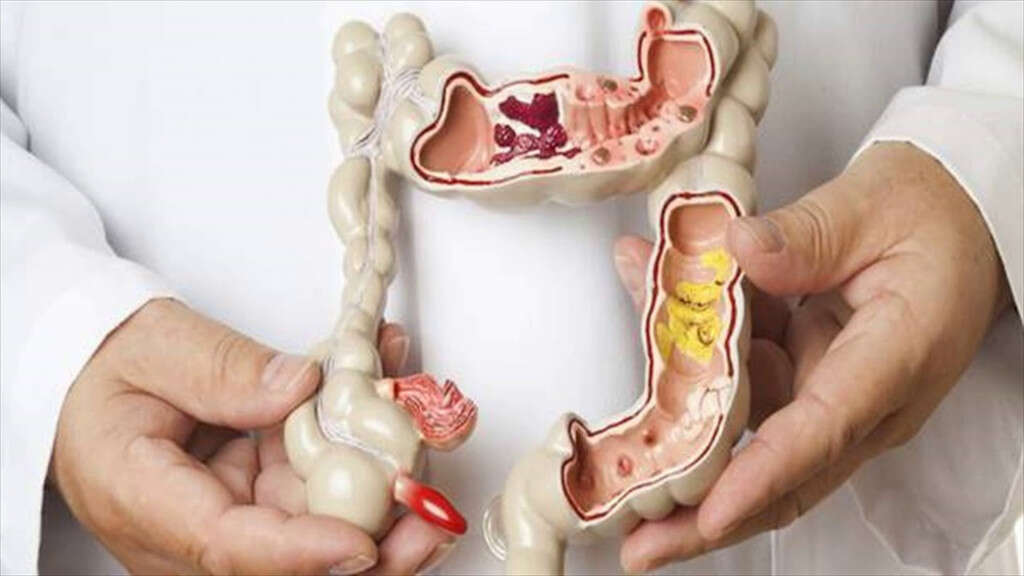
Symptom #2: Abdominal Pain
Abdominal pain is a common symptom related to Colon Cancer. It is a non-specific symptom, meaning that many other conditions can cause this symptom to appear.
The pain usually has an insidious onset, can be diffuse (hard to pinpoint the exact location) and it is chronic as the disease progresses. If you are suffering from abdominal pain, you should seek medical attention for proper diagnosis.

Symptom #3: Changes in Bowel Movements
Our bowel movements are usually fairly predictable in terms of consistency and appearance. While they can be affected by eating certain foods, they are usually reasonably solid and brown in color. If this was to change for more than a few days without explanation then it could be a sign that all is not well.
Unexplained movements such as prolonged constipation or diarrhea is a sign that you may have colorectal cancer. It is something that is easy to overlook to begin with but you should take more notice if the symptom persists. It may turn out to be nothing, but it is still a good idea to get it checked out in case.

Symptom #4: Weight Loss
Weight loss or weight gain is basically down to how many calories we absorb and how many we burn off. If we absorb fewer calories than we burn then we will begin to use up our fat reserves and vice versa. Colorectal cancer can not only reduce the number of calories that we are able to absorb, but it can also increase the number of calories we use.
With this in mind, it is not uncommon for people with colorectal cancer to experience sudden and unplanned weight loss. Such sudden weight loss is never good for the body and the patient is advised to take on whatever nutrition they can.

Symptom #5: Feeling of Incomplete Bowel Movements
Our bodies will generally try to limit how many bowel movements we have in a day. Waste will be held inside the body until it can hold no more, at which point it is passed out of the body through the anus. Holding it in in this manner means that we can begin to feel full. This feeling will usually subside as soon as the stools have passed.
Colorectal cancer can cause patients to feel as though they have not completed their bowel movement even when they have. It can leave them feeling as though they always need to use the toilet.

Symptom #6: Intestinal Obstruction Or Perforation
Depending on the location, size, and stage of the disease, Colon Cancer can cause an obstruction. This is not an early sign of the disease and it is non-specific.
If the bowel obstruction persists over time, the bowel can be damaged and this leads to a perforation which is a medical emergency that requires immediate medical treatment.

Symptom #7: Fatigue
We will often feel fatigued when we are ill. This is largely because the body is fighting against the illness and is often hard at work, no matter how much we might think we are resting. It is usually advised to keep on resting as much as you can to help the body in its efforts to beat the illness.
Colorectal cancer is not just any illness, though. Patients with the condition can expect to feel very fatigued indeed as the cancer ravages their body. It is also not helped by certain medications, and also that the patient is unlikely to be sleeping well.

Symptom #8: Bloating
Gas is a by-product of the digestive process. This gas will usually remain in the stomach until it is passed out at either end of the digestive system. Gas does not always escape as easily as it should, though, and this can cause us to become bloated. We can also experience bloating when we have eaten too much.
For patients with Colorectal Cancer, bloating could be a sign that the disease is progressing in size, leading to potential bowel obstruction. If you are experiencing this symptom and other symptoms related to this condition, you should seek medical attention for proper diagnosis.

Symptom #9: Anemia
Our blood is the color that it is because of the iron-rich hemoglobin found in our red blood cells. This is a type of protein that allows oxygen to attach to it, meaning the oxygen can then be carried to wherever it is needed in the body. Anemia is a condition where there is not enough of these red blood cells to carry the oxygen that we need.
One cause of anemia is excess blood loss. Losing too much blood means that the blood is no longer able to carry enough oxygen around the body. It can be dangerous in extreme cases. Iron-deficiency anemia is a common finding in patients with Colorectal Cancer but it is a non-specific sign
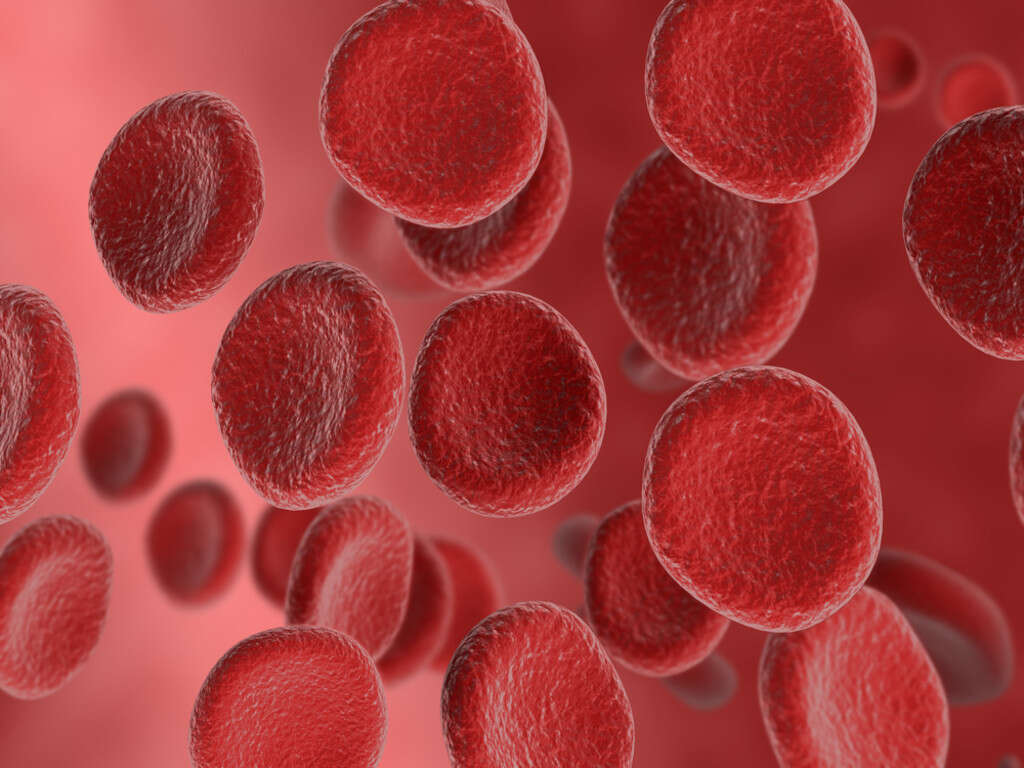
Symptom #10: Early Satiety
Food is not only necessary, but it is also very enjoyable. When enjoying a good meal, we will often eat as much as we can of it, making the most of the pleasure it gives us. We can only eat so much, though, and patients with colorectal cancer can often eat less than other people can.
Early satiety is a condition caused by colorectal cancer, among other things. This means that the patient will feel full after only eating a small amount of food. Somebody with colorectal cancer is also likely to have a lower appetite than usual overall.




